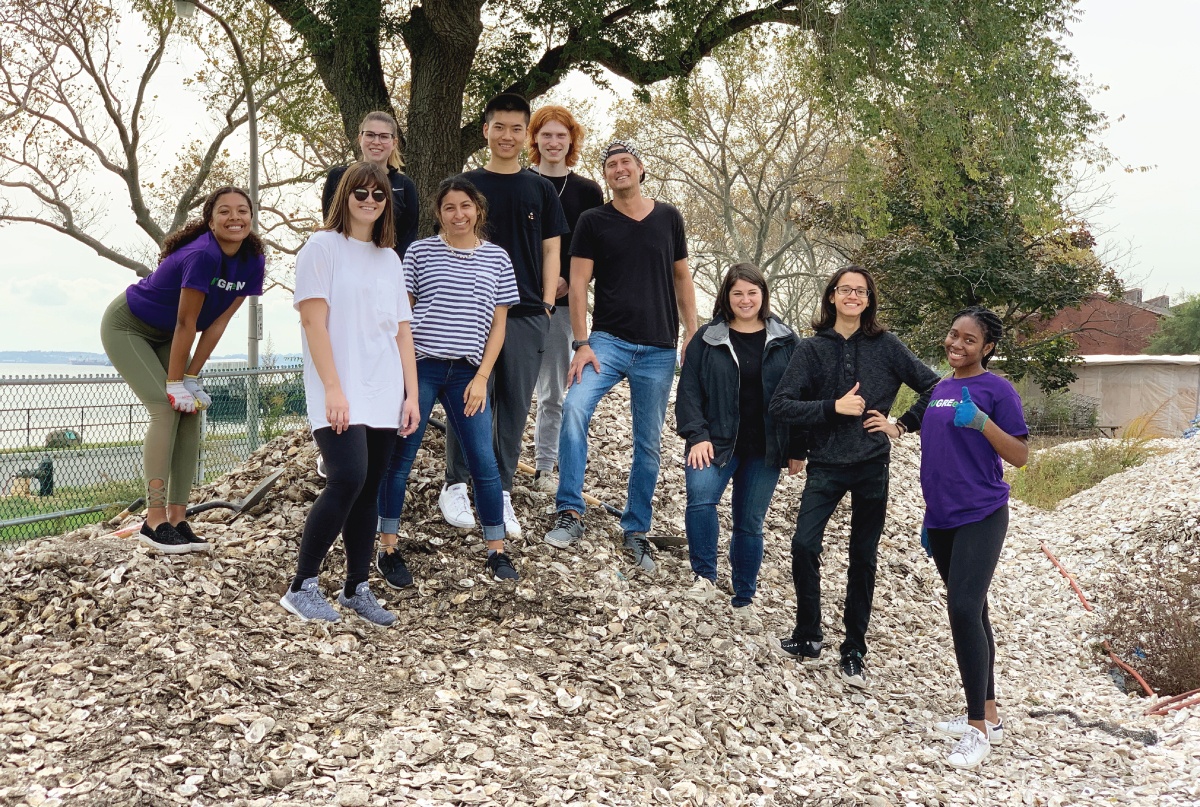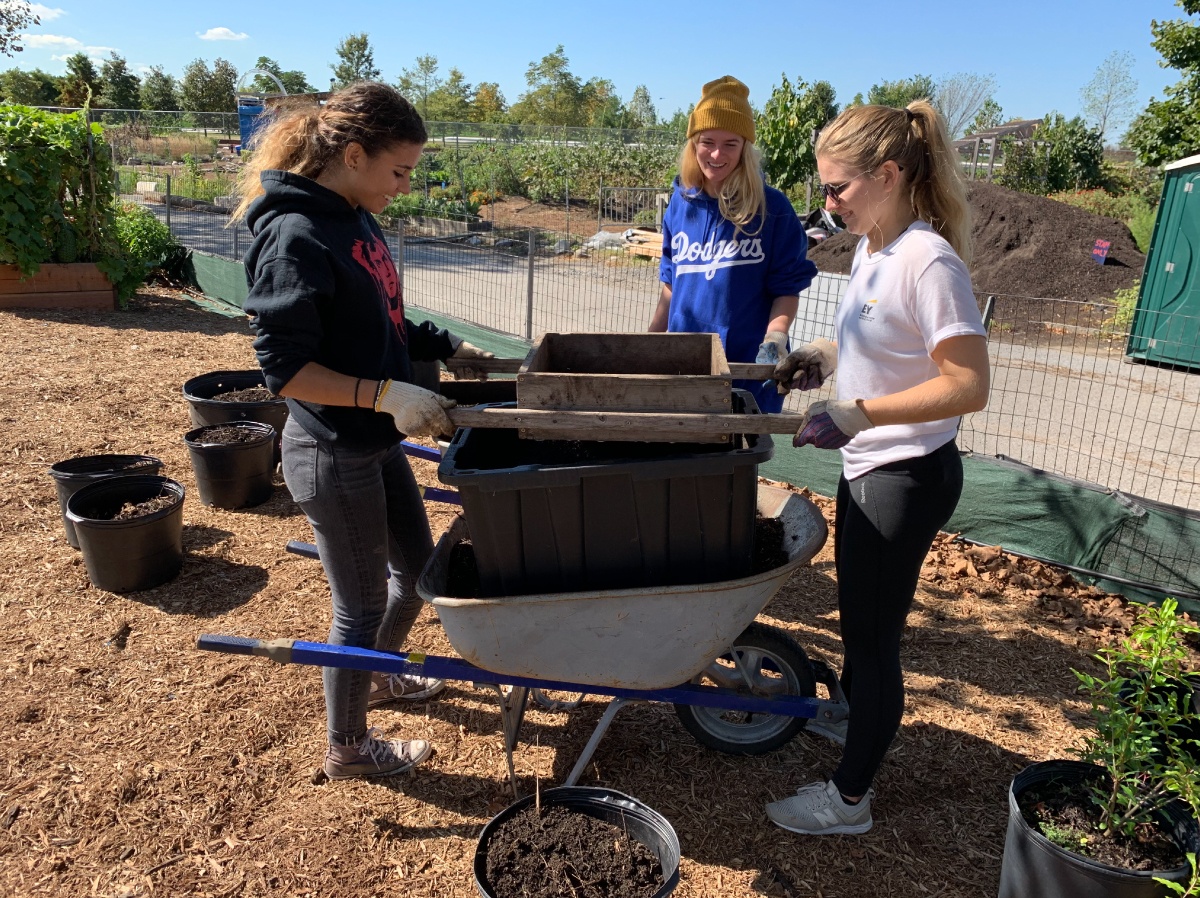Published September 20, 2021
NYU Sustainability: On Campus, in the Classroom, and Beyond
Students know that the world is in the middle of an environmental crisis. What’s more, 75 percent of high school seniors say the sustainability of a college campus influences where they apply. For the NYU community, sustainability is a priority. Students learn about it from social, political, and scientific angles in the classroom. Faculty and students conduct research on it in NYU labs and institutes.
As a community, we commit to changes in our day-to-day lives. We drink New York City’s excellent tap water instead of throwing away single-use plastic water bottles. And as an institution, NYU implements policies and invests in infrastructure that makes an impact. In fact, in 2007 NYU promised New York City it would cut carbon emissions by 30 percent in 10 years. The University reached this target in only five, but it doesn’t stop there. NYU’s goal is to be carbon neutral by 2040.
When it comes to sustainability, there’s a lot going on at NYU. Luckily, the NYU Office of Sustainability is at the center of it all. Anyone in the NYU community can connect with them to get support for an idea, discover resources, or learn about the latest developments and upcoming opportunities. Here, NYU’s chief sustainability officer, Cecil Scheib, shares more about what’s in the works and how students can get involved in—and lead—sustainability efforts at NYU.
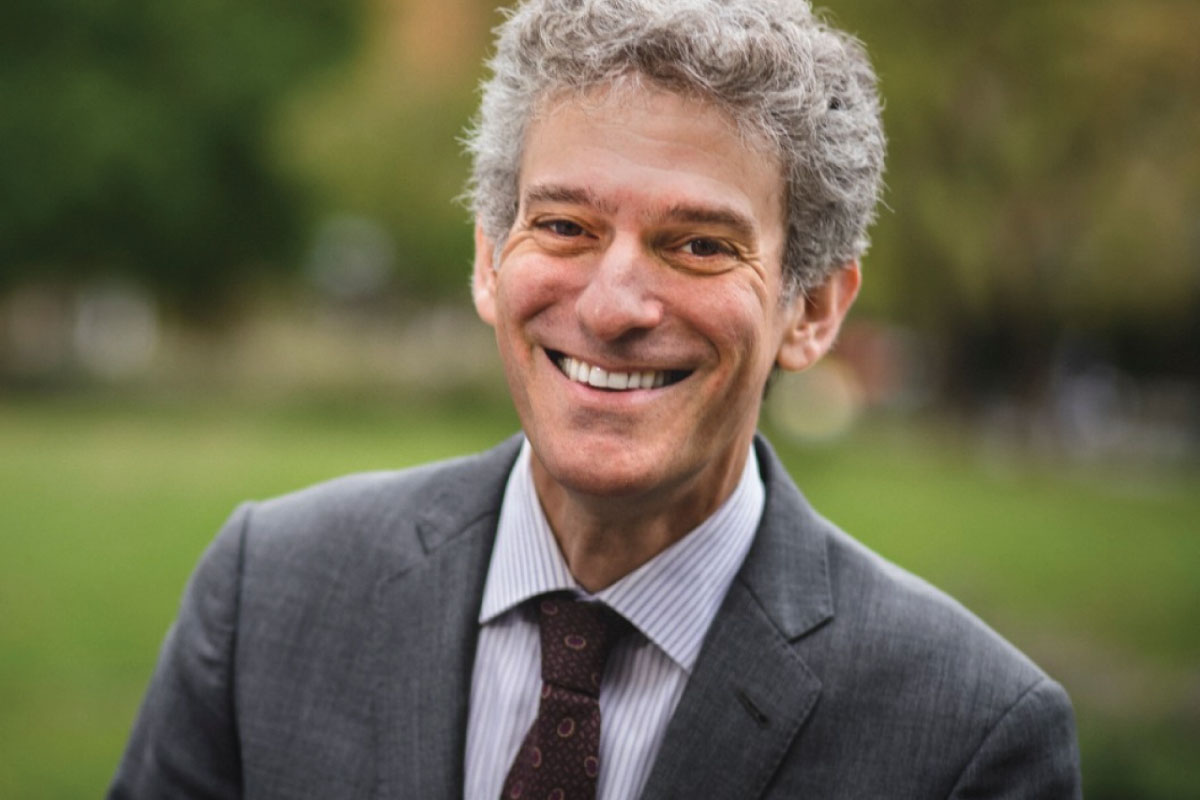
What is the mission of the Office of Sustainability?
We have two main missions. One is to ensure that everyone at NYU who cares about sustainability has the most support for their passions that we can give them. For faculty, that might mean researching, grant-making, or providing better office and lab conditions for their work. For administrators, itʼs helping them create green workplaces. And for students, it means making sure they know about academic opportunities—the classes and programs—as well as the experiential opportunities outside of the classroom. There are many sustainability clubs, sustainability-themed residential floors, and internships.
At NYU, and in New York City, there’s so much in terms of opportunities and events. Therefore, curating a sustainable experience for NYU students is the Office of Sustainability’s second main mission. We’ll direct you toward internships, events, campus tours, and resources. Stay in touch with us and we’ll help you from your first semester during NYU Welcome all the way through graduation, when you sign the Green Grad Pledge.
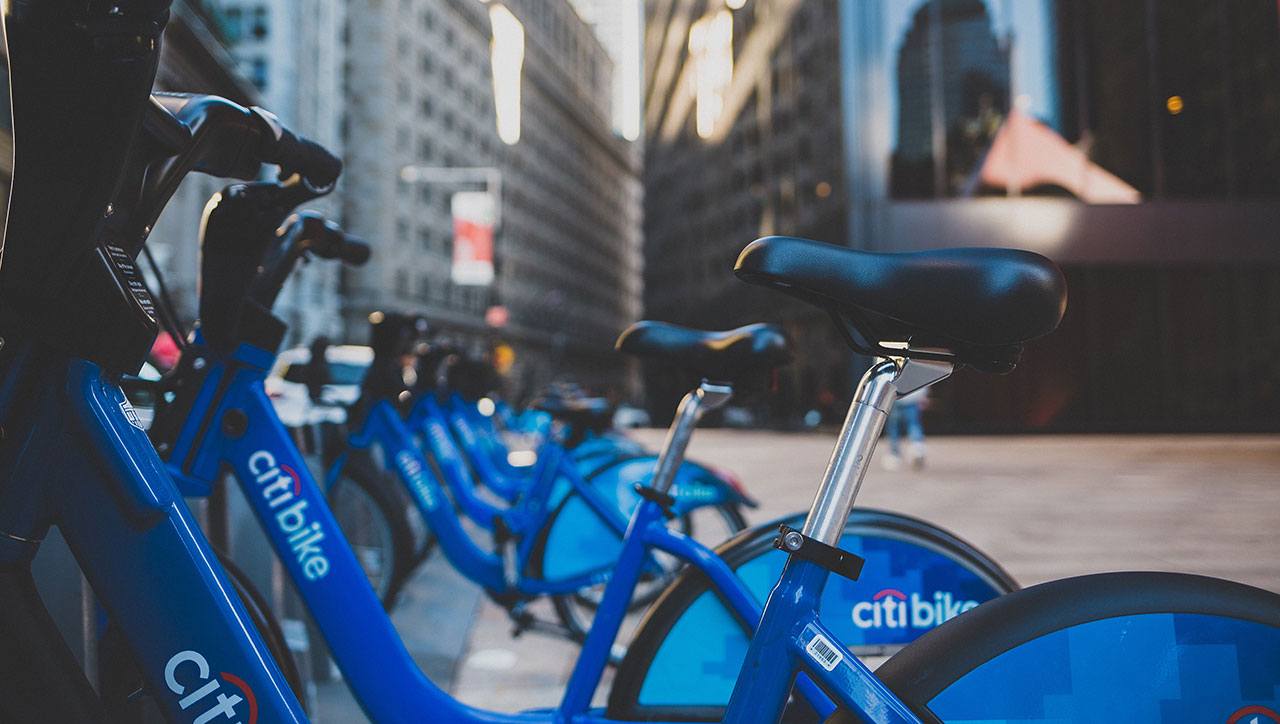
What should incoming students know about sustainability at NYU?
NYU students are on the front lines of the climate crisis fight. And they are rising to meet its challenges with energy and creativity. NYU offers so many academic opportunities—19 programs and over 600 courses—related to sustainability in order to provide students with the tools and knowledge they need to be leaders on every front.
For example, due to student advocacy, NYU established the Office of Sustainability and full-time employees tasked with setting goals and strategies toward reducing greenhouse gas emissions. As a result, NYU cut its greenhouse gas emissions by 30 percent in just five years. That’s like over 65,000 acres of trees—more than all of Manhattan and Brooklyn combined!
Whatʼs more, we are now on our way to 50 percent by 2025. You can learn more about how we’re achieving that goal through our Climate Action Plan Update. Most of this gain comes from making our student residences, classrooms, offices, and labs more energy efficient. And it’s not just about taking steps to address climate change. For better or worse, most students spend over 90 percent of their time indoors. NYU’s green building strategy helps improve indoor air quality. This in turn helps students feel and perform better. So the University’s strategy is a win-win for all.
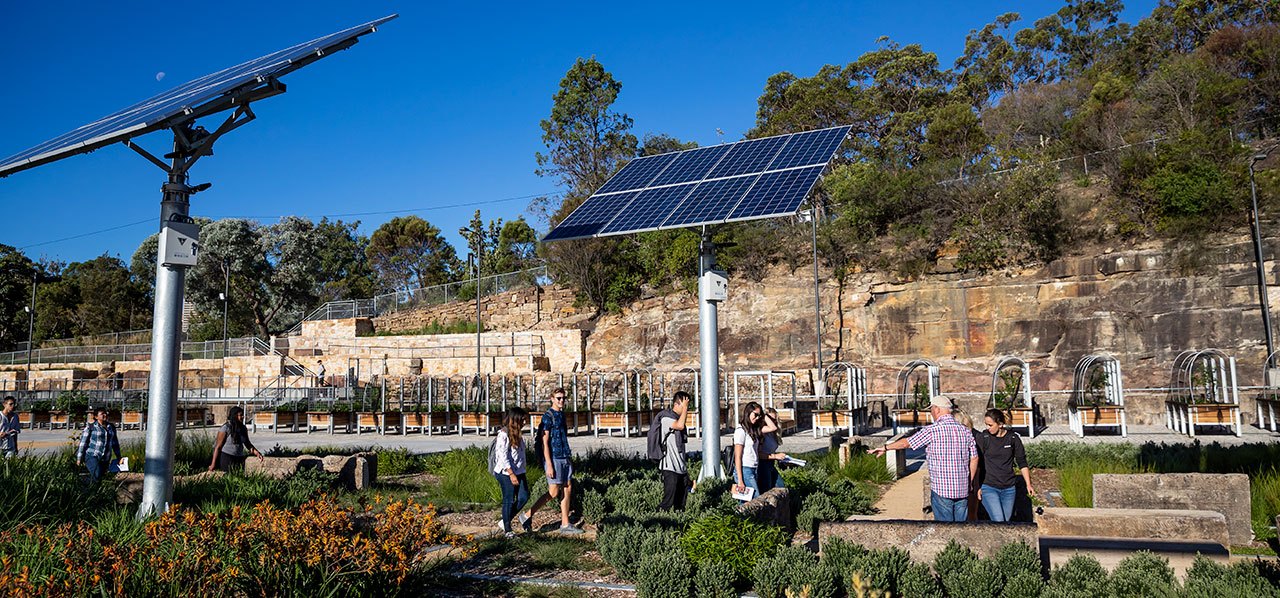
What are some sustainability-focused programs first-year students can get involved with when they arrive on campus?
The first thing students should do when they get to campus is look out for sustainability events during NYU Welcome. Every year, we introduce students to our programs and initiatives through activities like our green campus tour. Students can also find various communities interested in sustainability and relevant topics during Club Fest and on the sustainability student organizations web page.
Those who choose to live on campus should consider applying to live in the sustainability-themed residence. This community allows students to engage in sustainability activities, outings, and learning experiences led by a faculty affiliate and passionate resident assistant. And if you get involved in your hall council as an advocacy director when you’re a first-year student, you can do a lot of sustainability work in that position too.
Throughout the year, the Office of Sustainability hosts many programs for students. Thereʼs the Zero Waste Challenge, where students put all of their nonrecyclable trash in a plastic bag they carry around with them for an entire week. Biketober is a month of festivities that encourage cycling. (NYU students get deep discounts on bike share programs all year long.) And thereʼs the Green Zone training, where anyone in the NYU community can participate in conversations around climate change and environmental justice and create a personal action plan.
As you can tell, there’s a lot to explore. One of the best ways to stay up to date is to sign up for our mailing list. We’ll help you keep track of it all. And you can also check out our new Student Sustainability Guide.
What do some of NYU’s academic explorations of sustainability look like?
Helping the environment has a reputation for being a technical topic. People think itʼs all solar panels and electric cars. Of course, that’s part of it! But sustainability is just as much a social and environmental justice issue. Therefore, there are faculty across NYU’s schools and colleges who are passionate about this link and explore it in their courses and their research. The Tisch School of the Arts is working on sustainable film production, while the Stern School of Business offers a sustainable business concentration. The School of Professional Studies has programs in low-impact tourism and sustainable real estate, and many of Tandon’s engineering programs incorporate sustainability. No matter what you’re majoring in at NYU—from History to Global Public Health—there’s a way to bring sustainability-focused courses into your curriculum.
What are some resources for students who want to create a sustainability project or explore careers in sustainability?
The Green Grants program allows any member of the NYU community to apply for funding up to $20,000 to implement an innovative idea that advances sustainability. Some past projects have become successful businesses and stand-alone ventures. For example, RISE found a solution for food industry waste by turning spent grains from breweries into nutrient-rich flour. Other more recent projects explored the social justice dimensions of sustainability. For example, Start: Empowerment brings an environmental and climate justice curriculum to high school students in the Bronx.
Another grant opportunity is for students pursuing unpaid or low-wage sustainability internships. This program provides students with a $3,000 stipend and professional development sessions with the Office of Sustainability.
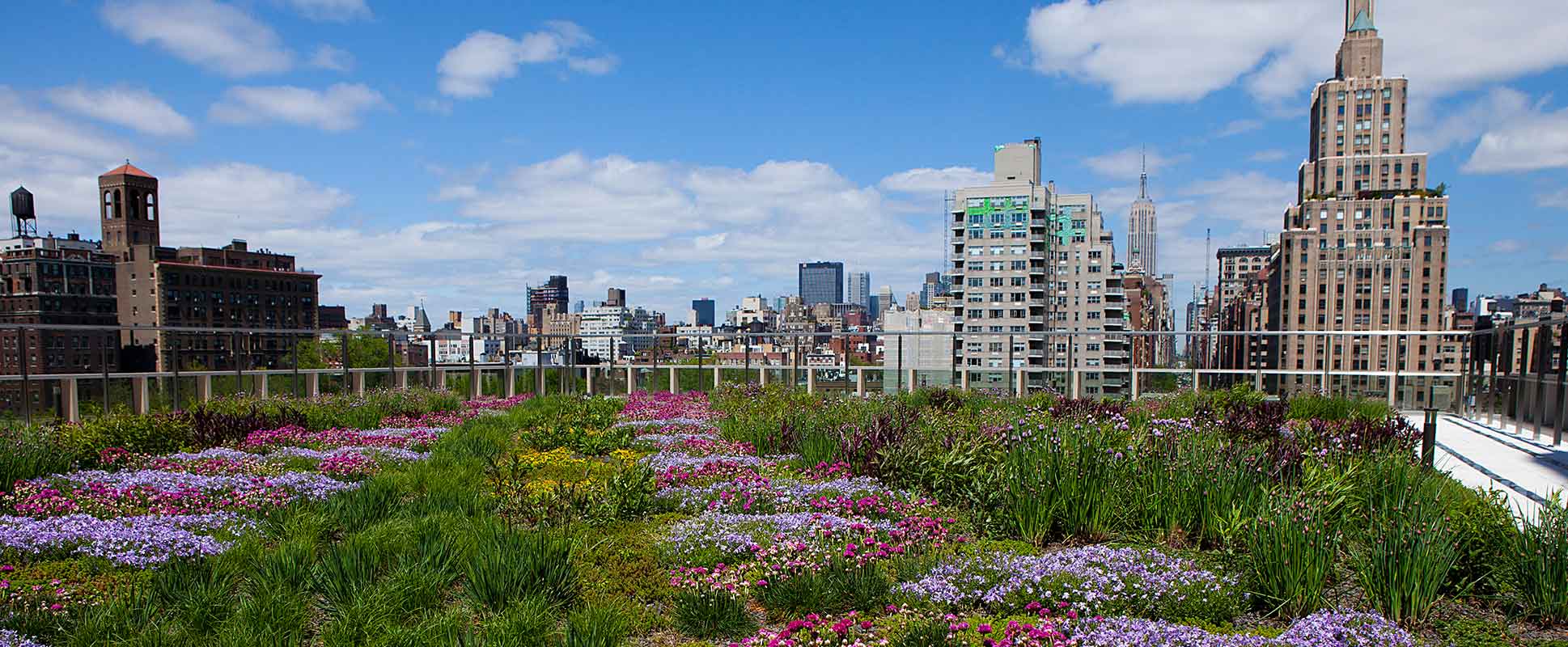
Are there any programs in the planning stages?
Students will take the lead in solving local and planetary environmental issues as NYU becomes carbon neutral by 2040. By reducing our energy waste and then buying clean and green power, NYU will show how students and faculty can succeed academically without damaging the health of the people or the world around us. The same principles apply to trash and food. Students have a lot of opportunities to get involved here.
How do trash and food affect sustainability?
Sustainability is a social change movement. Our efforts must focus not merely on dealing with the waste we’ve created but also on reducing the amount we make of it in the first place. For example, instead of addressing how we recycle single-serve water bottles, we need to ask why we are using them to begin with, particularly when there’s good, free drinking water all over campus. That’s why in 2020, NYU stopped purchasing single-use water bottles. Students can support this initiative by carrying their own reusable bottle.
Food is another area. According to world-expert faculty in both environmental science and food studies here at NYU, since our food supply is 33 percent of global greenhouse gas emissions, choosing menu options lower on the food chain is one of the most impactful things we can do as individuals. That’s why NYU has become a signatory of the Cool Food Pledge. This is a public commitment to reduce food-related greenhouse gas emissions by 25 percent by 2030. It’s something everyone can take part in immediately, even if it’s just one extra meatless meal per week, that improves health, too.
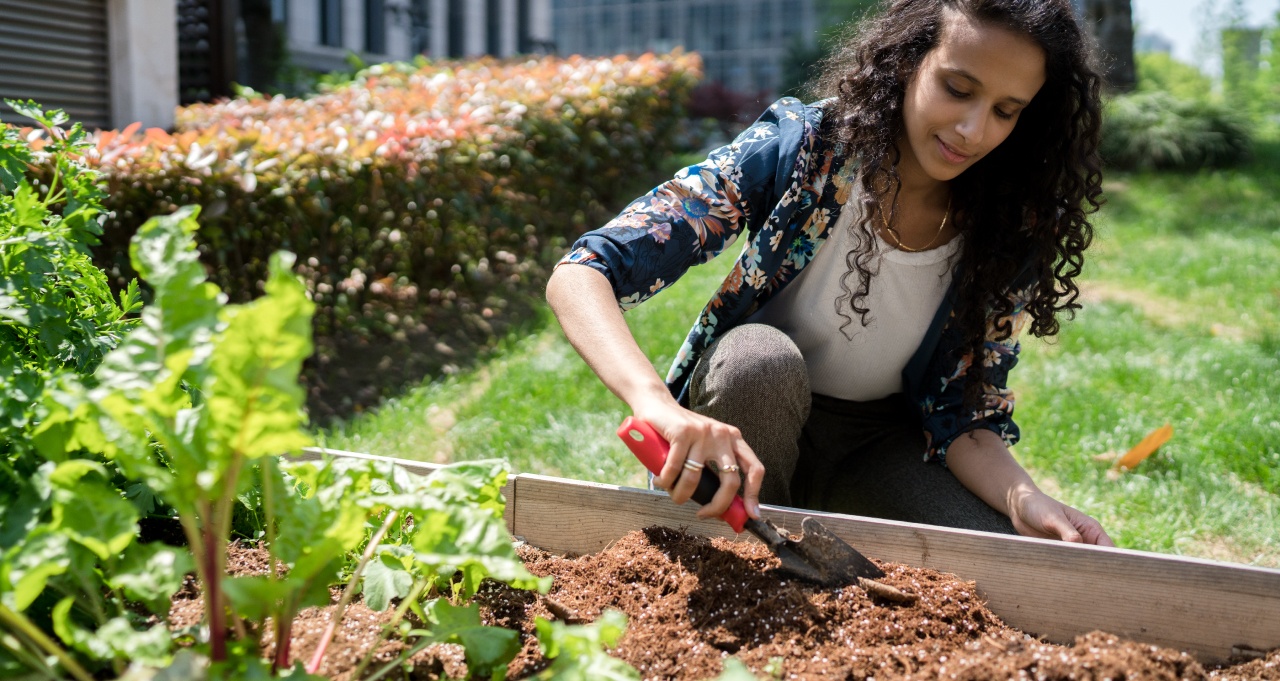
Any last words of advice or encouragement for students?
Students have always led at NYU. We are strongest when the institution aligns and works with students. Youʼre a leader while youʼre here, and youʼll be a leader after you leave NYU. By helping figure out social change solutions that work for people, that make people happier and more productive, that are durable and, dare I say it, sustainable, you’re going to help solve this critical issue of our time.

